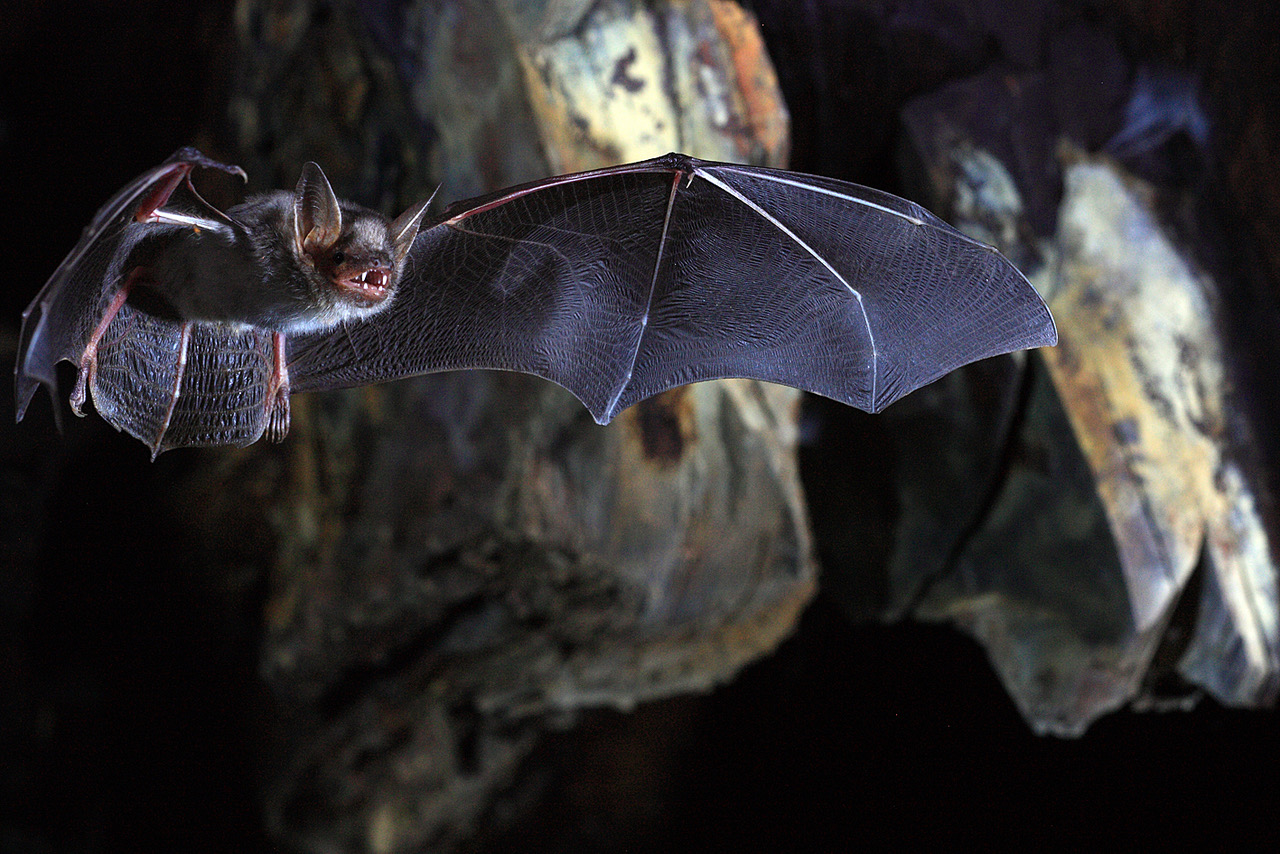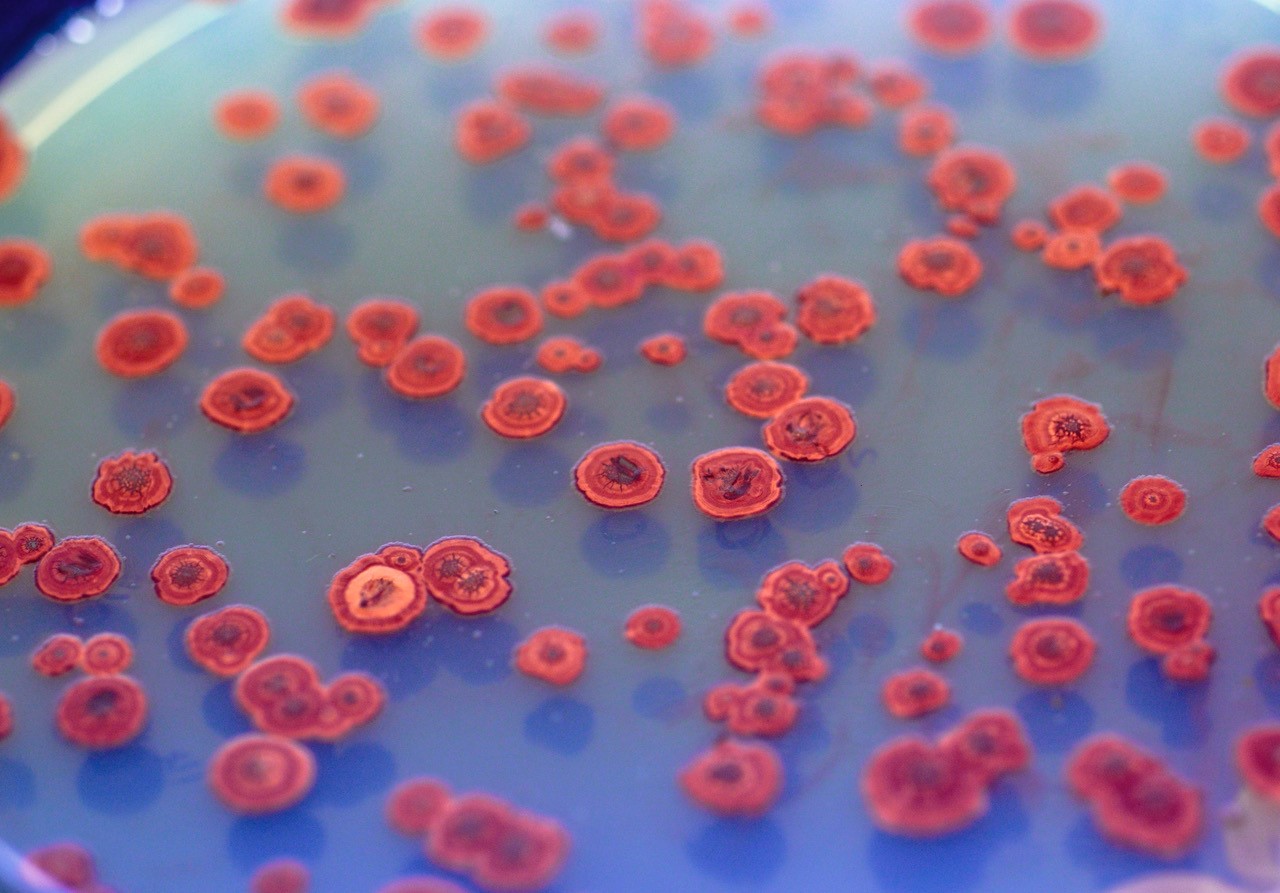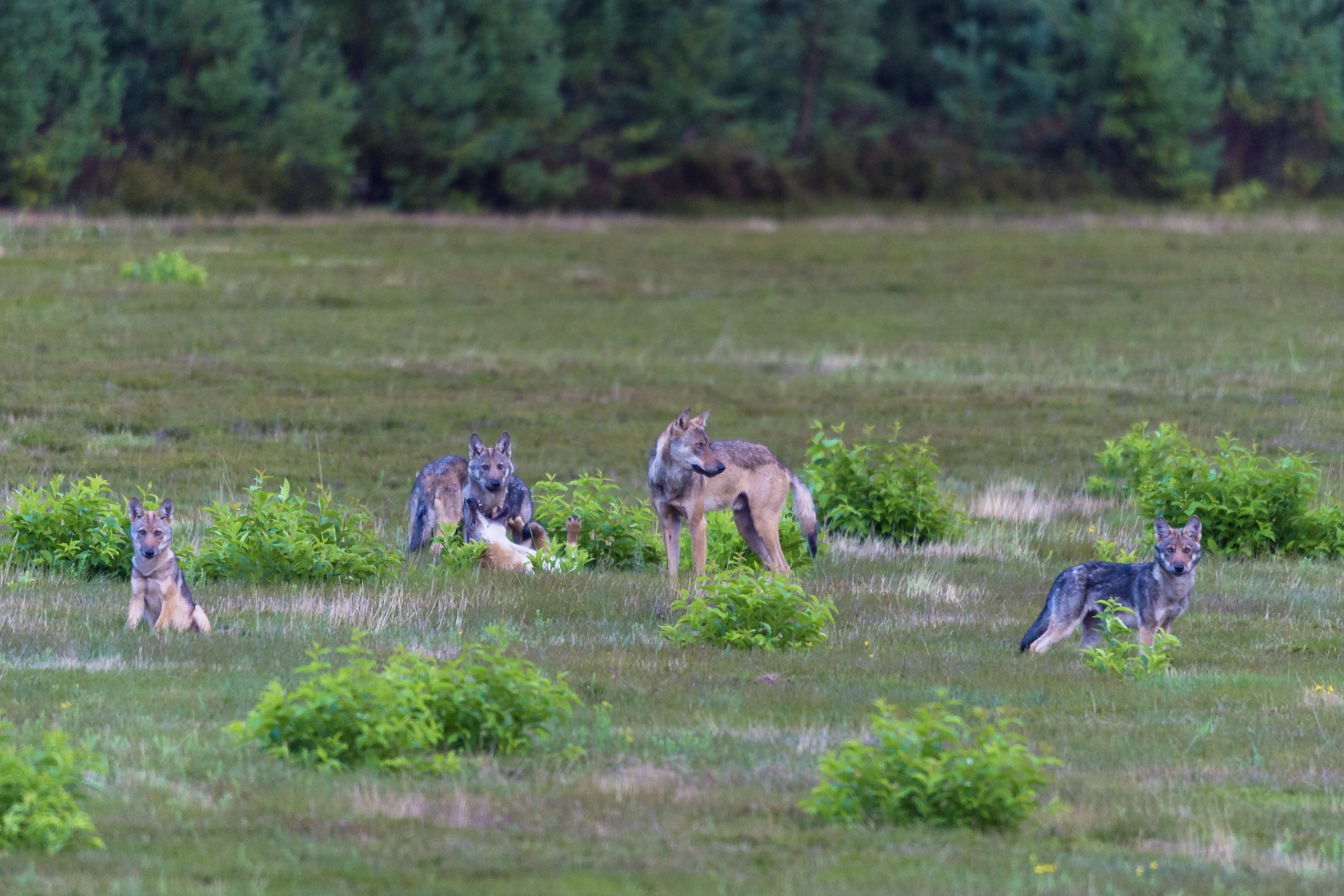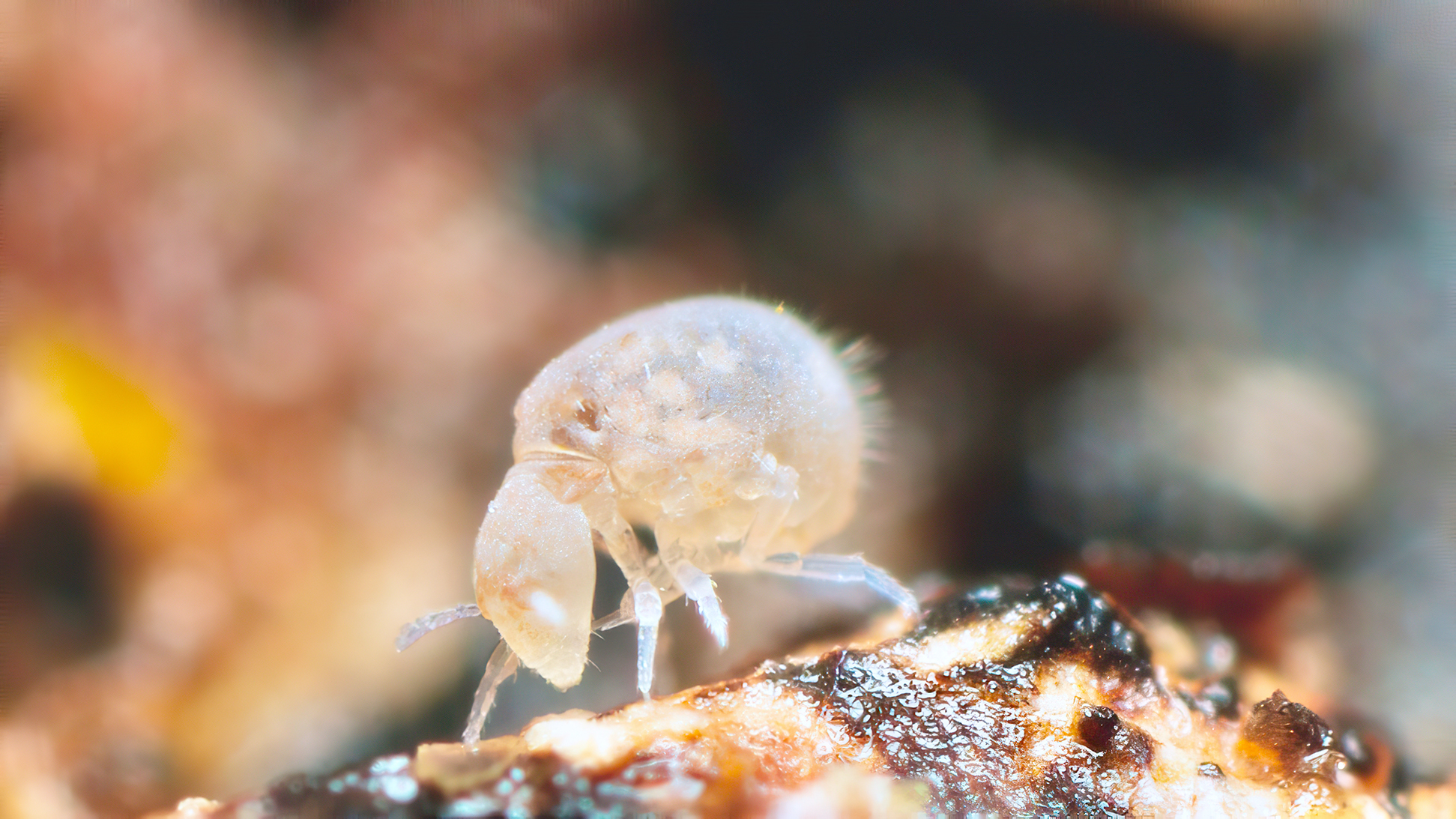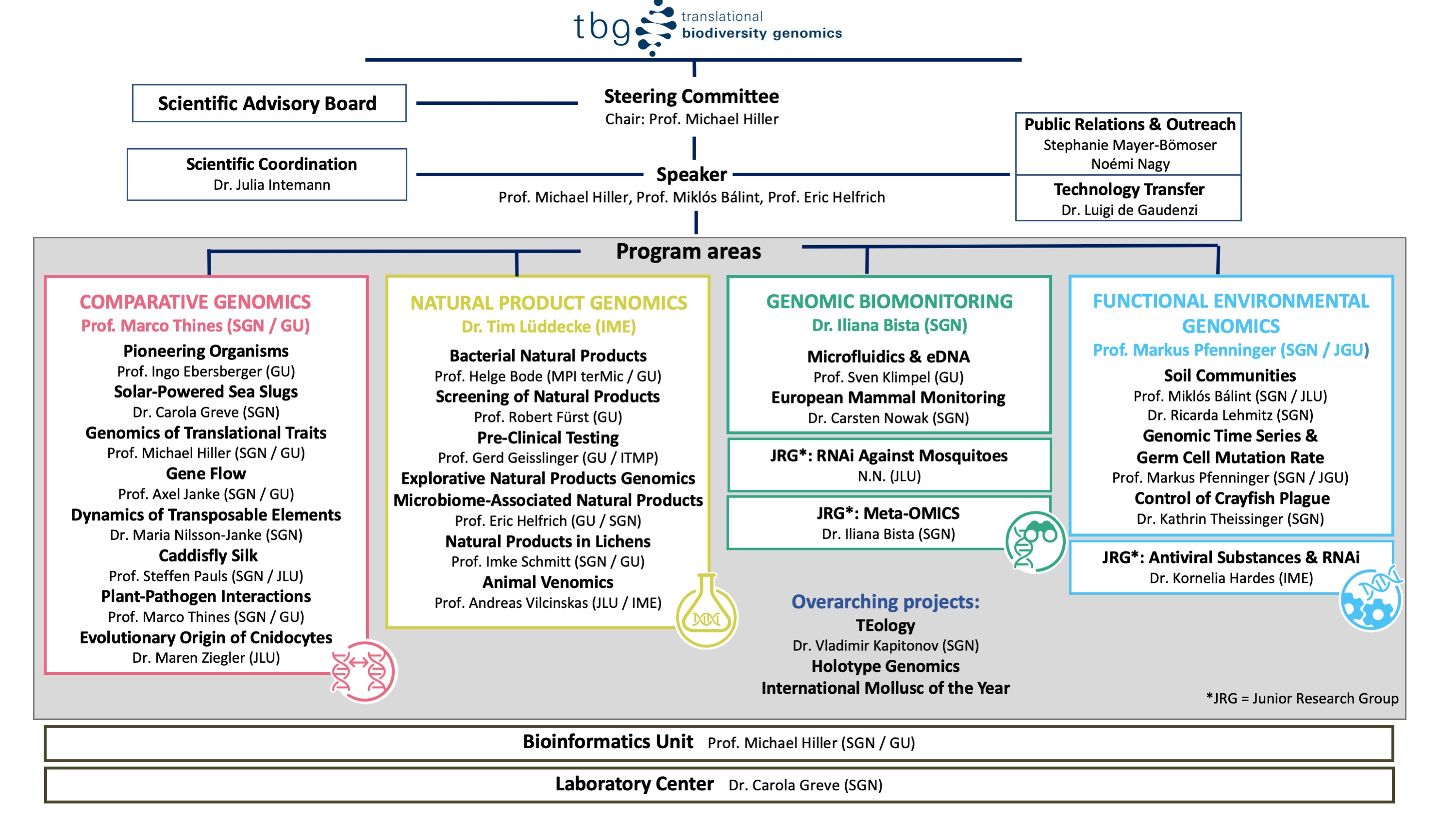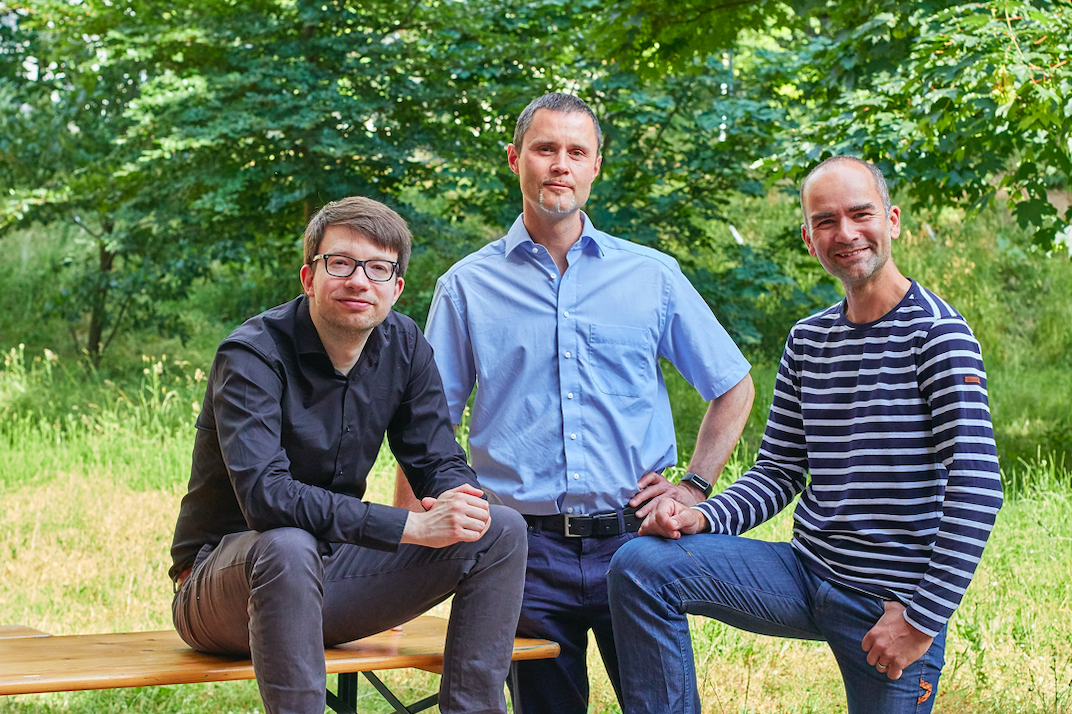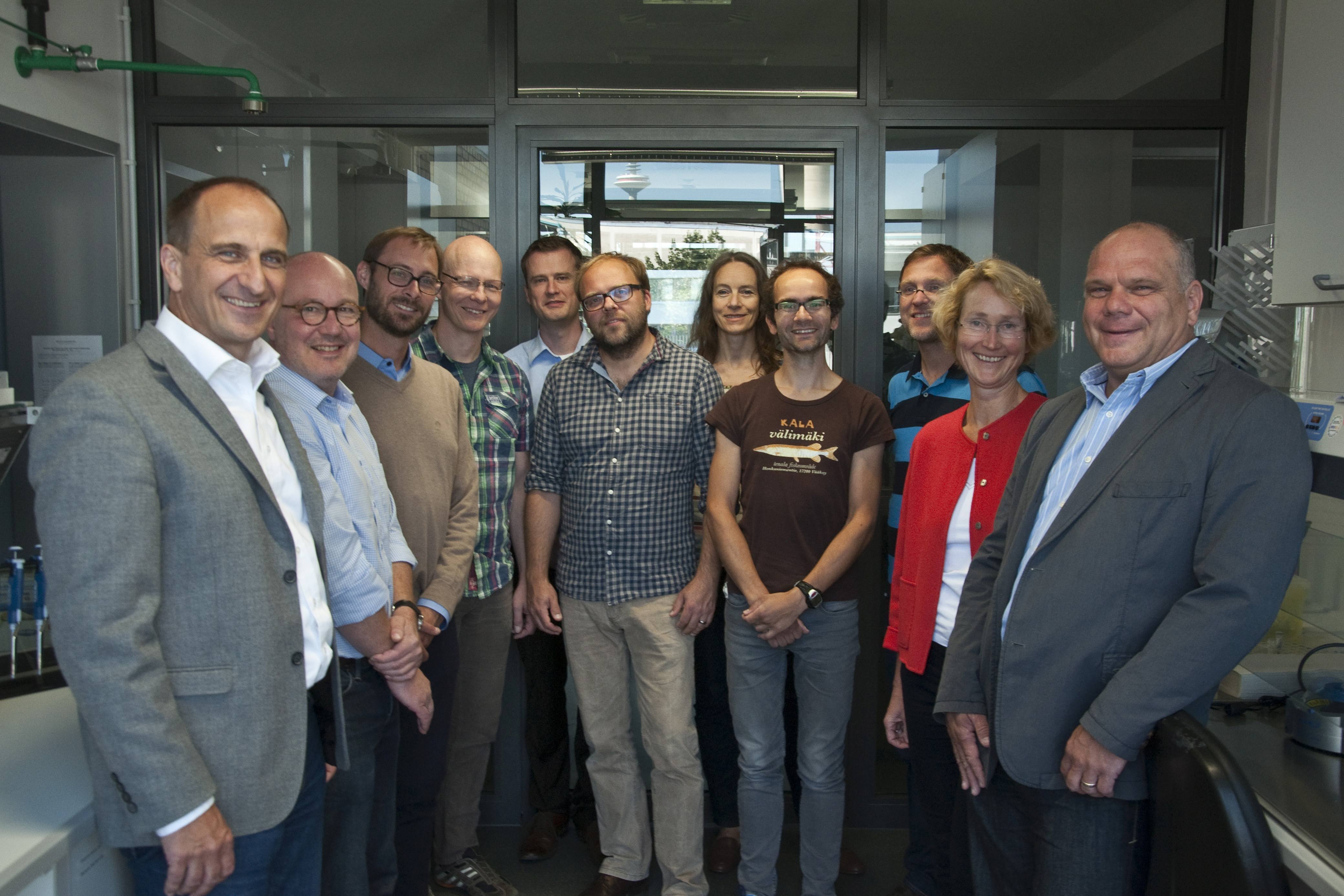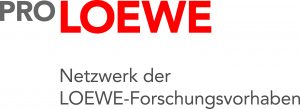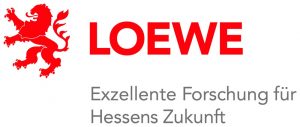About Us
LOEWE Centre for Translational Biodiversity Genomics
Investigating the genomic basis of biodiversity
Biodiversity research, which has grown in importance, has so far been predominantly organismic and ecological. Major technical and methodological advances now help to make biodiversity research genomic and thus more application-oriented.
The LOEWE Centre for Translational Biodiversity Genomics (LOEWE TBG) aims to combine fundamental research on the genomes of a broad diversity of organisms with the development of applicable services and products. Accordingly, the central focus of LOEWE-TBG is to make genomic diversity accessible and usable as the baseline level of biodiversity for basic and applied research.
Our mission
The LOEWE Centre for Translational Biodiversity Genomics focusses on the genetic basis of biological diversity to make it accessible for basic and applied research. We sequence and study genomic variation across the tree of life to comprehend the origin and functional adaptations of diversity from genes to ecosystems. The data addresses societal knowledge demands in applied fields, such as the genomic basis of biologically active substances , and the sustainable use and management of biological resources.
Our approach:
– analyze and compare genomic diversity across the tree of life to better understand the origin and functions of all levels of biological diversity
– make genomic resources accessible for applied research, e.g. for a sustainable bioeconomy or natural resources management.
– compare a taxonomically broad selection of species and analyze their interaction networks at the genomic level (Comparative Genomics)
– understand the basis and origin of biodiversity and divergence under genetic exchange, which also has an impact on conservation efforts (Comparative Genomics)
– search for new bioactive natural products and toxins from a wide range of organisms
– by identifying biosynthetic genes or gene clusters relevant for their production (Natural Products Genomics)
– develop new detection systems for DNA in environmental samples(eDNA) in order to address questions in nature conservation and environmental monitoring (Genomic Biomonitoring)
-develop innovative methods to identify functional genomic changes due to environmental influences in populations and communities (Functional Environmental Genomics)
Research at the centre is divided into four project areas and numerous individual and joint projects:
Organisation structure
The inaugural steering committee of LOEWE-TBG:
- From left to right
- Prof. Dr. Axel Janke (Speaker, Senckenberg),
- Prof. Dr. Markus Pfenninger (Co-Initiator, Senckenberg),
- PD Dr. Steffen Pauls (Co-Speaker, Senckenberg),
- Prof. Dr. Ingo Ebersberger (Representative Comparative Genomics, Goethe-University),
- Oliver Kreitinger (Representative of Administration, Senckenberg),
- Dr. Carsten Nowak (Representative Genomic Biomonitoring, Senckenberg),
- Dr. Julia Krohmer (Representative Translation, Senckenberg),
- Dr. Miklós Bálint (Representative Functional Environmental Genomics, Senckenberg),
- Prof. Dr. Klimpel (Representative of Goethe-University),
- Prof. Dr. Böhning-Gaese (Representative of Senckenberg Board of Directors),
- Prof. Dr. Andreas Vilcinskas (Representative of Justus-Liebig-University).
Missing:
- Prof. Dr. Dr. Gerd Geisslinger (Representative of Fraunhofer Institut for Molecular and Applied Ecology).
Our partners

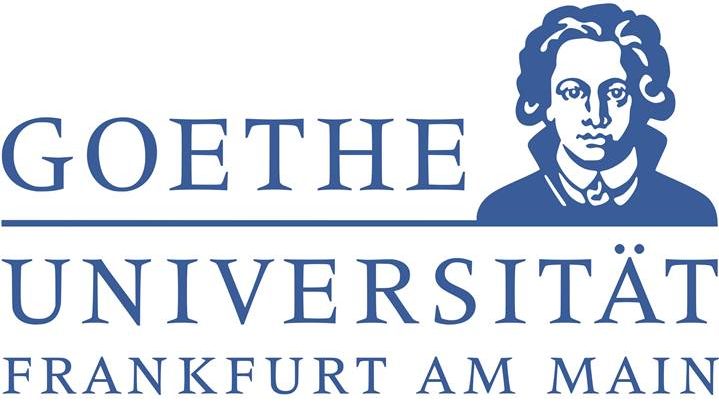
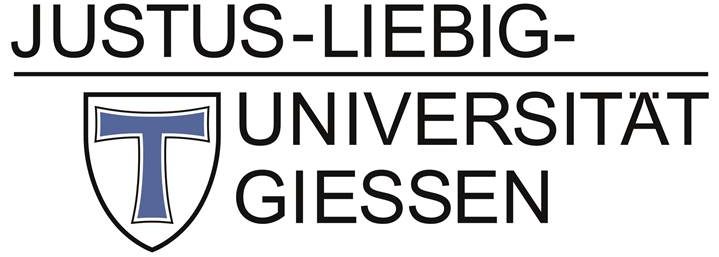



The Senckenberg – Leibniz Institution for Biodiversity and Earth System Research (SGN) was founded in 1817 by local citizens in Frankfurt with the name Senckenbergische Naturforschende Gesellschaft, which translates to the Senckenberg Natural Science Society. In regard to biology, the museum is one of the most important natural history museums in all of Europe, as well as one of the biggest. The SGN sponsors seven research institutes and three natural history museums. The museums are located in Frankfurt, Görlitz, and Dresden.
According to its tradition, the societies’ primary purpose is to conduct biological and natural research, and to make this accessible to everyone through publication, education, and its museums. Today, its purpose is more important than ever, due to a global increase in both interest and curiosity which leaves many biological questions to be answered, such as those regarding climate change and the conservation of our planet.
At the heart of Europe and open to the world, Goethe University Frankfurt is a workshop for the future. Founded by and for citizens in 1914, it resumed this tradition in 2008 as an autonomous foundation university. Obligated by its eventful history, the University is guided by the concepts of European Enlightenment, democracy and rule of law and opposes racism, nationalism and anti-Semitism. Goethe University Frankfurt is a place of argumentative debate; research and teaching have a social responsibility. The University and Johann Wolfgang Goethe, as writer, thinker and naturalist, have in common innovative thinking and interdisciplinary action.
The Justus Liebig University (JLU) is one of Germany’s top research universities featuring an extraordinarily broad range of subjects. Both rich in tradition and highly innovative, JLU is host to a number of projects which are beacons of German research. What is more, its unique range of subjects and its high-profile international cooperation programmes in the areas of research, teaching and study ensure JLU’s competitiveness at both national and international level. The university is dedicated to excellent research and teaching with a distinct profile in cultural studies and the life sciences. In keeping with Justus von Liebig’s principle of “research training through research”, JLU is highly committed to excellent interdisciplinary postgraduate education in all disciplines. The university’s especially diverse climate, so fertile for interdisciplinary research and discussion, is further enriched by almost 30 percent international doctoral students.
Since the beginning of 2017, Fraunhofer IME has comprised the divisions of Molecular Biotechnology, Applied Ecology and Bioresources. Fraunhofer IME is a strong partner for contract research in the areas of agriculture, chemistry, environmental and consumer protection, as well as pharmacy and medicine. Our interdisciplinary organization allows us to process complex projects across departments and where appropriate, also focuses on cooperation with external institutes and partners. We work closely with basic research and are internationally networked. Our laboratories with state-of-the-art equipment and complex environmental simulation facilities allow us to offer a wide range of research and services as well as studies according to good laboratory practice (GLP).
Scientists at the Max Planck Institute for Terrestrial Microbiology (MPIterMic) aim to understand how microorganisms function at the molecular and cellular level as well as in ecosystems. How do microorganisms react to environmental changes and how do they themselves change the environment? How do they move and search for food? How do they convert chemical compounds into others? To this end, we study the genetic, molecular and metabolic programs of microbial cells. To answer these questions, research groups at the MPIterMic explore a wide range of microbiological topics: protein structure determination, physiology, metabolism, molecular and cellular microbiology, host-microbe interactions, and microbial communities. They work with state-of-the-art technologies in combination with computer modeling and analysis as well as synthetic biology approaches.
The Fraunhofer Institute for Translational Medicine and Pharmacology ITMP investigates and develops innovative ways of early detection, diagnosis and treatment of diseases resulting from impaired function of the immune system. It comprises three research areas “Drug Discovery”, “Preclinical Research” and “Clinical Research”. Fraunhofer ITMP is a competent partner for universities, for translating medical research findings into valuable assets, as well as for the pharmaceutical and biotechnological industry.
Funding
The LOEWE Centre for Translational Biodiversity Genomics is initially funded by Hesse’s “state initiative for the development of scientific and economic excellence” (LOEWE initiative).
Since 2008, the state of Hesse has been promoting outstanding future-oriented research projects with this excellence program. Since then, 15 LOEWE centers and 60 LOEWE priorities were selected for funding in competitive procedures (status 2021).
ProLOEWE is the network of LOEWE research initiatives: They want to inform about their activities and intensify their cooperation.
